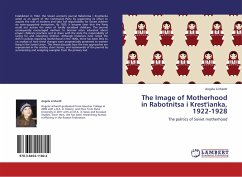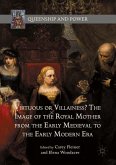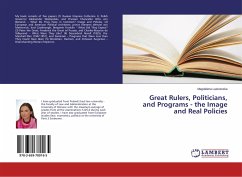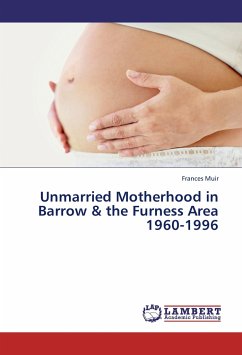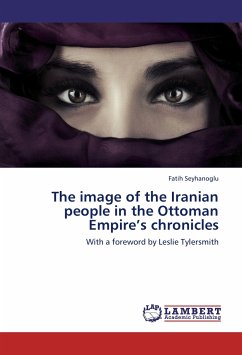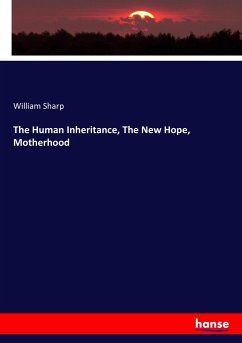Established in 1922, the Soviet women's journal Rabotnitsa i Krest'ianka acted as an agent of the Communist Party by supporting its effort to assume the role of mothers and take full responsibility for Soviet children via state-supported institutions. By 1925, it became clear that the Party could not sustain the vision of totally socialized childcare. The journal consequently encouraged mothers to become more educated about proper childcare practices and to share with the state the responsibility of caring for and educating children. Although historians have noted the shift in policies regarding motherhood in the 1920s, there has been little to no analysis of how these changes were pragmatically presented to women living in the Soviet Union. This thesis discusses how the two approaches are represented in the articles, short stories, and testimonials of the journal by summarizing and analyzing examples from the primary text.
Bitte wählen Sie Ihr Anliegen aus.
Rechnungen
Retourenschein anfordern
Bestellstatus
Storno

